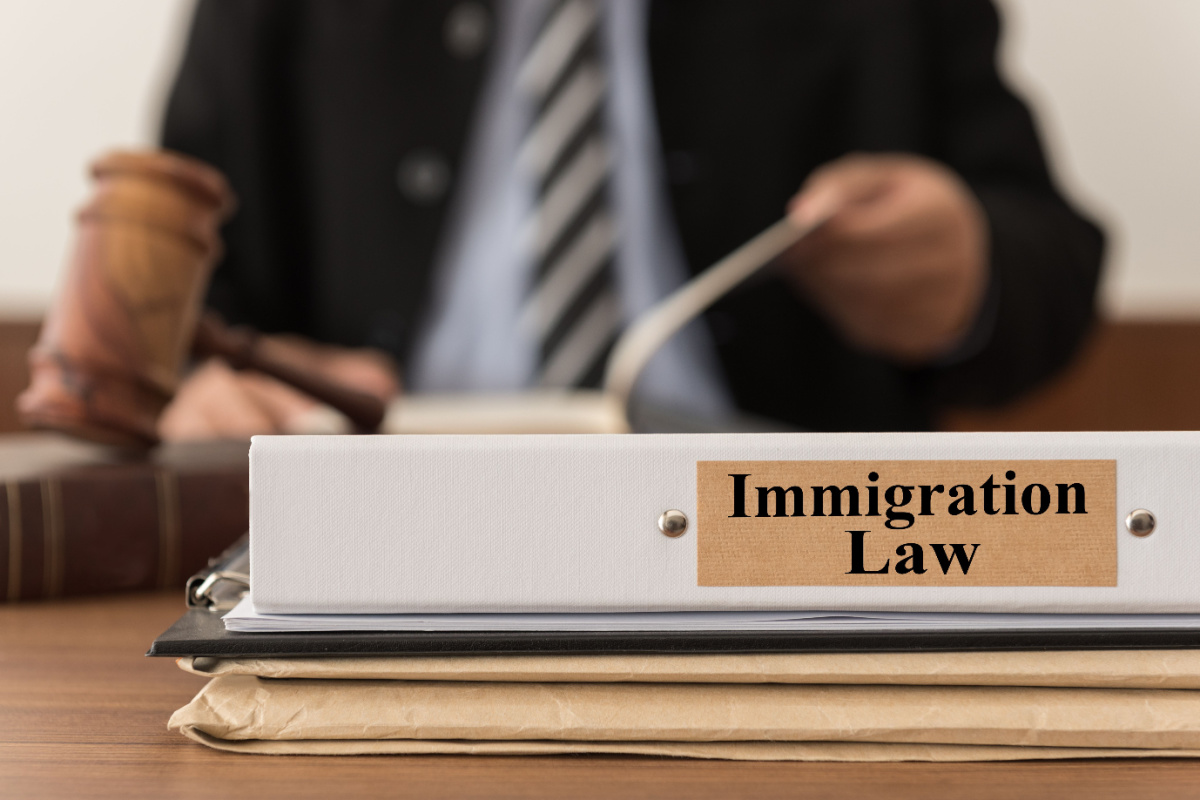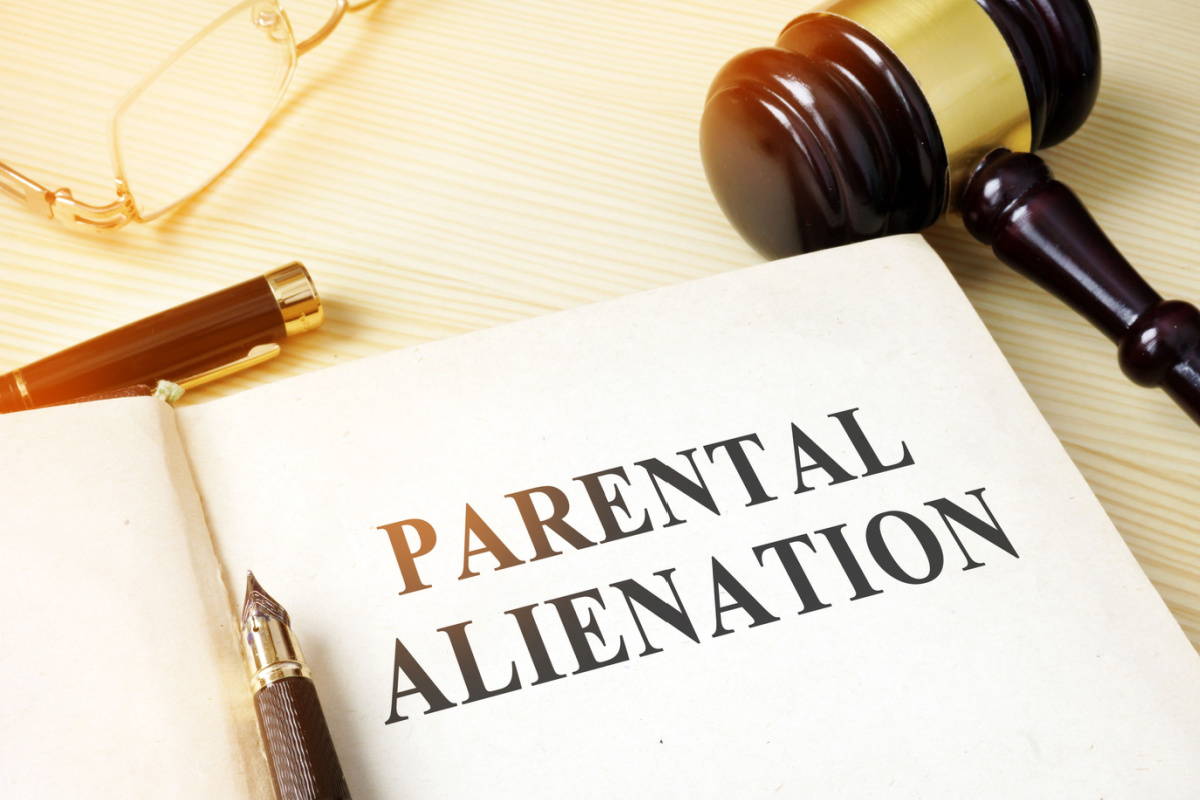Many children may feel the urge to become more independent and make their own decisions when they reach their teenage years. One legal option available to some minors is emancipation. This process grants them legal freedom from parental control. While this may sound appealing to some, it’s essential to understand the complexities and consequences of emancipation before pursuing it.
This article will explore what emancipation is, how it works, and whether it might be the right choice for your child.
What Is Emancipation?
Emancipation is the legal process through which a minor (usually a child aged 16 or older) becomes legally independent from their parents or guardians.
An emancipated child is no longer under the custody or control of their parents. They can make decisions regarding their welfare, such as finances, housing, and education.
It’s important to note that emancipation is not an escape from parental responsibility. It’s a serious legal action that permanently alters the relationship between the minor and their parents.
Once emancipated, the minor assumes all rights and responsibilities of an adult, such as providing for themselves financially and making their own healthcare decisions.
“Emancipation is not a decision to be taken lightly, as it involves long-term consequences for both the child and the parents. Each case is evaluated individually, and the court considers whether the child is capable of supporting themselves and managing adult responsibilities.”
Factors to Consider Before Pursuing Emancipation
Several important factors must be considered before deciding to pursue emancipation. Not every minor is ready for this drastic change. In addition, not every situation calls for it.
Age and Legal Requirements
The first step in the emancipation process is determining whether the minor is old enough to apply.
In most states, minors must be at least 16 years old to apply for emancipation. However, this can vary depending on the state.
Financial independence is a key factor in addition to age. To be emancipated, a minor must prove that they can support themselves financially.
This includes having stable employment, sufficient income, and a place to live.

Maturity and Responsibility
Meeting the age and financial requirements alone isn’t enough for a minor to be eligible for emancipation. They must also demonstrate maturity and the ability to manage adult responsibilities.
A court will consider the minor’s overall maturity and readiness to handle life’s challenges.
Family and Living Situation
Another important consideration is the child’s relationship with their parents and their current living situation.
Emancipation is often sought when a minor is experiencing conflict at home or in cases of abuse or neglect.
However, this legal process should not be seen as a quick solution to family disputes.
“Emancipation is not a way out of family problems; it’s a legal mechanism to gain independence. For minors facing unsafe or abusive situations, other legal options may be more appropriate.”
Legal and Emotional Consequences
Emancipation can have both legal and emotional consequences. Once a minor is emancipated, they lose certain rights they had as a dependent. This includes the right to receive child support.
Moreover, this step can significantly alter the relationship with their parents, as the child is no longer legally a part of the household.
The Legal Process of Emancipation
The process of emancipation can vary slightly depending on the state. In general, the minor must petition the court for emancipation.
The court will then review the case and determine whether the minor meets the necessary criteria for financial independence and maturity.
Filing the Petition
The minor must file a petition for emancipation with the court. The petition usually includes:
- The minor’s personal information (e.g., age, living situation).
- Evidence of financial independence (e.g., employment records, proof of housing).
- A statement outlining the reasons for seeking emancipation.
Court Hearing
Once the minor files a petition, the court will schedule a hearing where the minor will present their case.
The minor’s parents may also be required to attend the hearing. The court will then review the evidence and decide whether to grant emancipation.
“The court will always prioritize the best interests of the minor when deciding whether to grant emancipation. It’s essential to have a strong case demonstrating financial independence and maturity.”
Possible Outcomes
After the hearing, the judge will either approve or deny the emancipation petition. If granted, the minor will be legally independent.
However, if the petition is denied, the minor will remain under their parents’ control until they reach adulthood or another legal option is pursued.

Possible Consequences of Emancipation
While emancipation may provide a sense of freedom, it also comes with significant consequences. These should not be taken lightly.
Loss of Parental Support
Minors no longer have the right to child support from their parents once emancipated.
This includes financial support for basic needs such as housing, food, and medical care. This responsibility falls entirely on the emancipated minor.
Impact on Inheritance and Other Rights
Emancipation can also affect a minor’s rights in terms of inheritance, healthcare, and other legal matters.
For example, once emancipated, a minor may be responsible for their own healthcare decisions. This includes consenting to medical treatments without parental approval.
Changes in Parental Rights
Emancipation legally changes the relationship between the minor and their parents.
Parents no longer have control over their children’s decisions, such as where they live, what jobs they take, or how they manage their finances.
This can be a difficult adjustment for both parties.
Alternatives to Emancipation
While emancipation may seem like the best option in some situations, other alternatives may be more appropriate.
Temporary Custody or Guardianship
A minor may seek temporary custody or guardianship from a relative or another responsible adult in cases of conflict or unsafe living conditions.
This arrangement can provide a safer living environment while maintaining a legal relationship with the parents.
Moving Out with Parental Consent
Perhaps a minor wants to live independently but does not meet the criteria for emancipation. Sometimes, they may be able to move out with their parent’s consent.
This option allows the minor to live independently while still maintaining legal ties to their family.
Child Welfare Services
In cases of abuse or neglect, child welfare services provide support to a minor in need of protection.
These services can help the child find a safe and supportive living situation without the need for emancipation.
When Is Emancipation Appropriate?
Emancipation is not the right solution for every minor. There are specific situations where it might be considered.
For example, emancipation may be necessary in cases of abuse or neglect, where a minor is living in unsafe conditions and can’t rely on their parents for support.
Additionally, emancipation may be considered if a minor is already financially independent and can support themselves.
Common Myths About Emancipation
Many misconceptions surround the emancipation process. Addressing these myths is vital to ensure a clear understanding of the legal process.
Myth 1: “Emancipation is an easy way to escape parental control.”
Fact: Emancipation is a serious legal decision that comes with both benefits and consequences. It is not a quick fix for family conflicts.
Myth 2: “Once emancipated, a minor can do anything they want.”
Fact: Even after emancipation, a minor must still comply with laws and regulations. This includes those related to education and employment.
Frequently Asked Questions
What is the minimum age to apply for emancipation?
Most states require that a minor be at least 16 years old to petition for emancipation. However, this can vary by state.
Can a child be emancipated if they are not financially independent?
No. One of the main requirements for emancipation is that the minor must prove they can support themselves financially.
What happens if the court denies the petition for emancipation?
If the petition is denied, the minor will remain under their parents’ control and will need to explore other legal options.
Does emancipation affect child support?
Yes, once emancipated, a minor is no longer entitled to child support from their parents.
Speak With a Lawyer for More Information About Emancipation
Emancipation is a powerful legal tool. It grants minors independence, but seeking emancipation is not a decision to be made lightly. Before considering emancipation, it’s essential to weigh the legal, emotional, and financial consequences.
If you believe emancipation is the right step for your child, consulting with an experienced family law attorney is critical to ensuring that the process is handled correctly.
At Stephenson, Chavarri & Dawson L.L.C., our skilled family law attorneys are here to guide you through the complexities of emancipation and help you make informed decisions that are in the best interest of your child.
If you’re considering emancipation, reach out to us for a consultation to discuss your options.

























